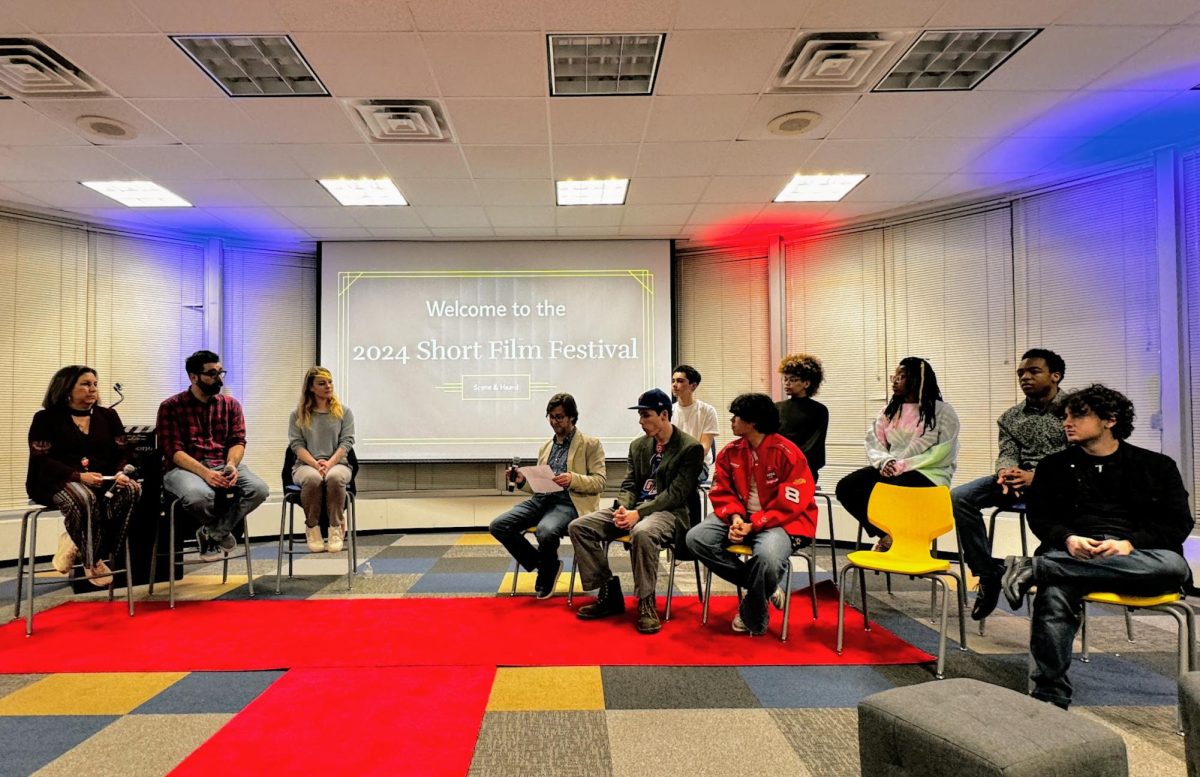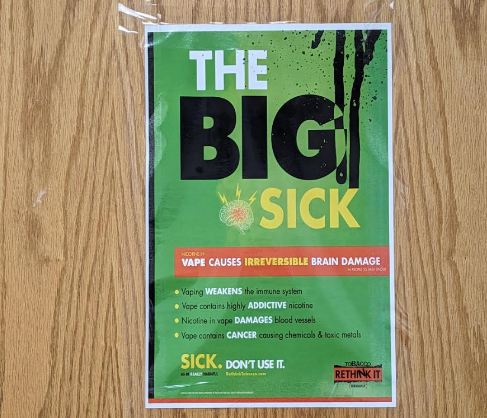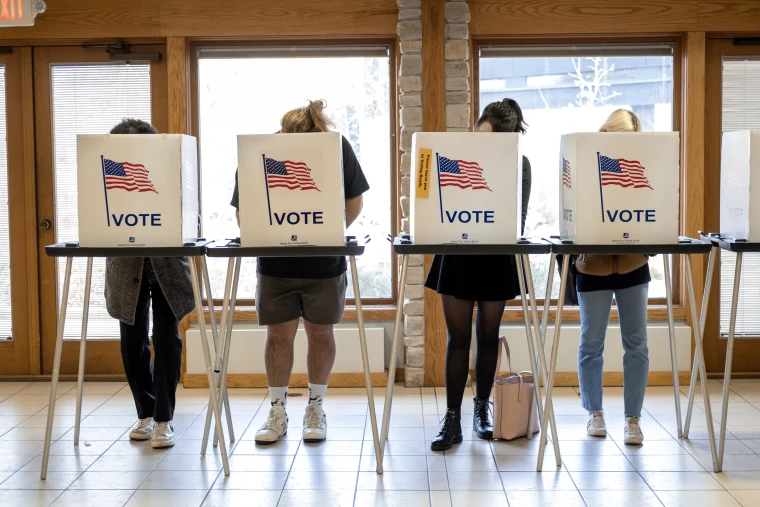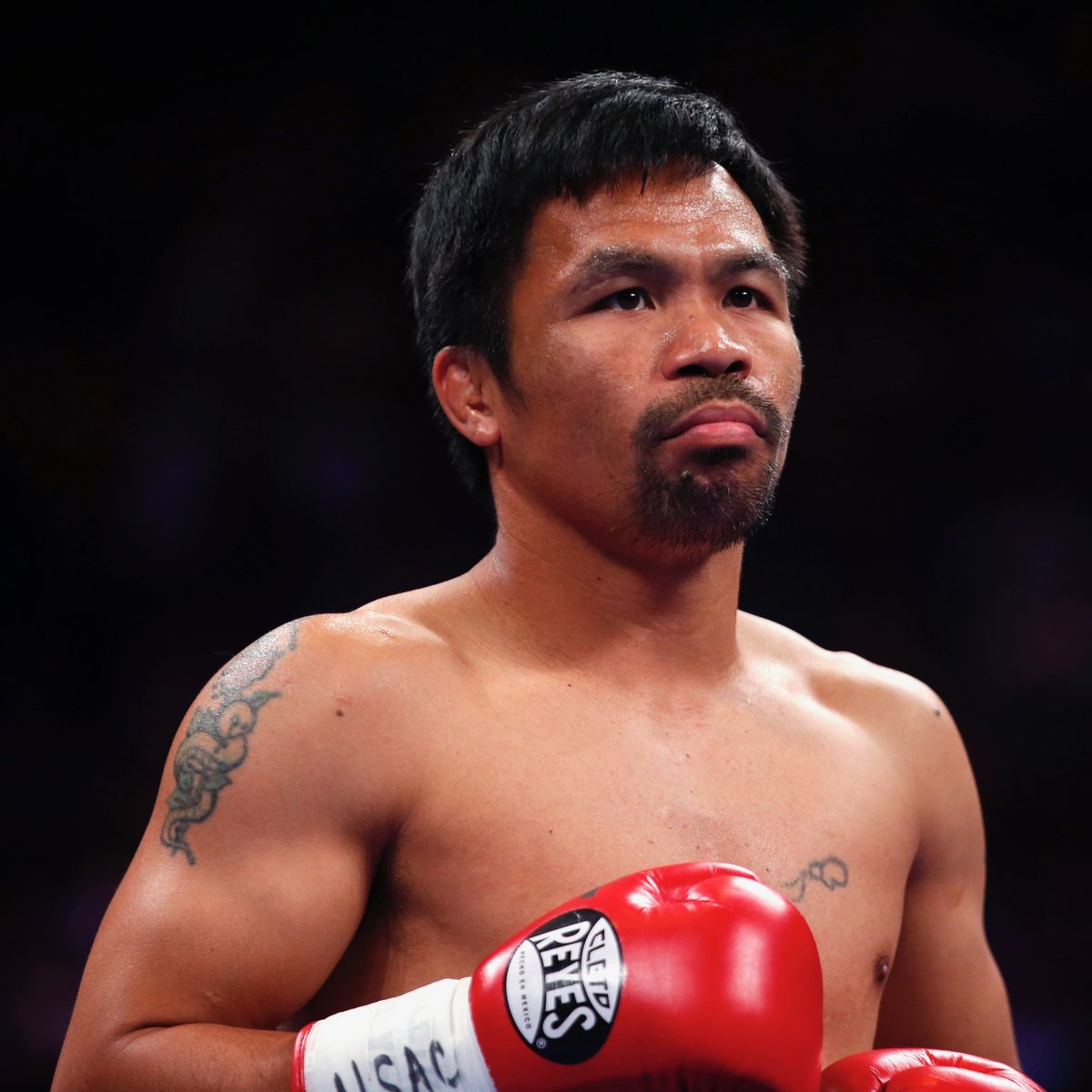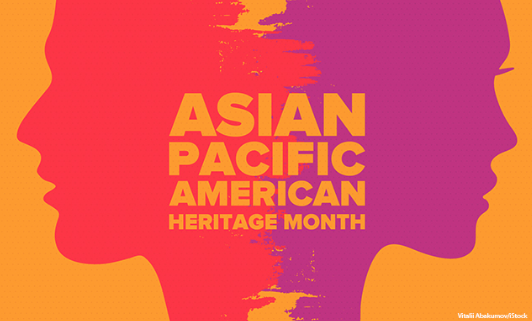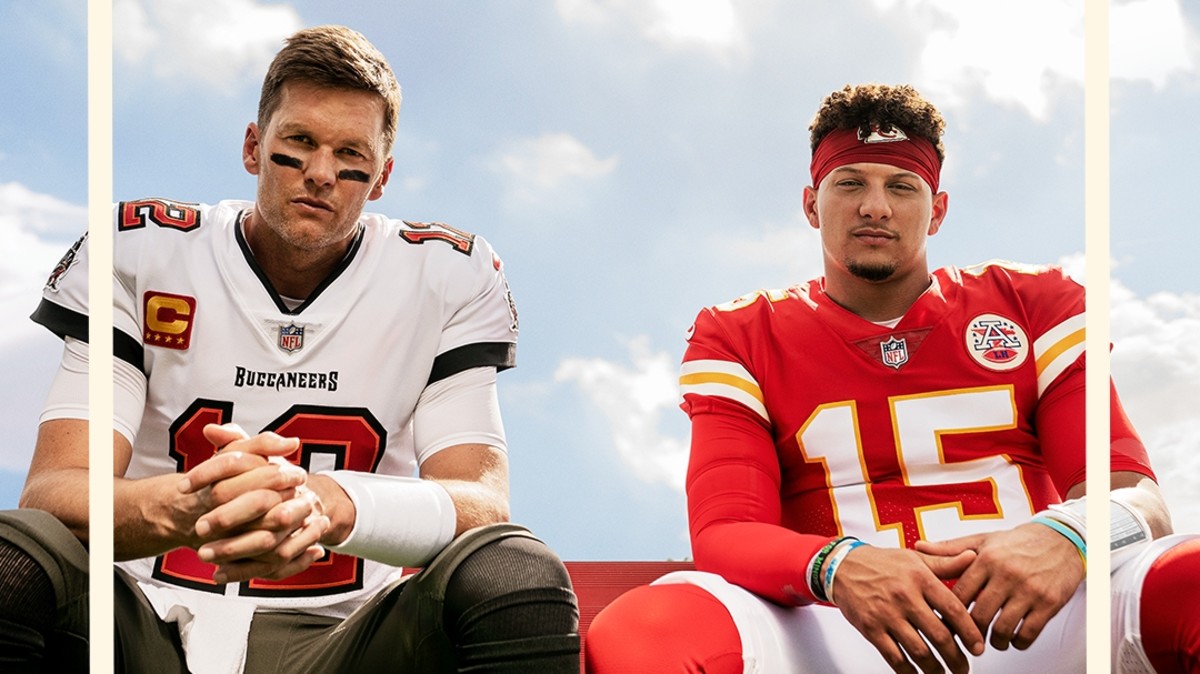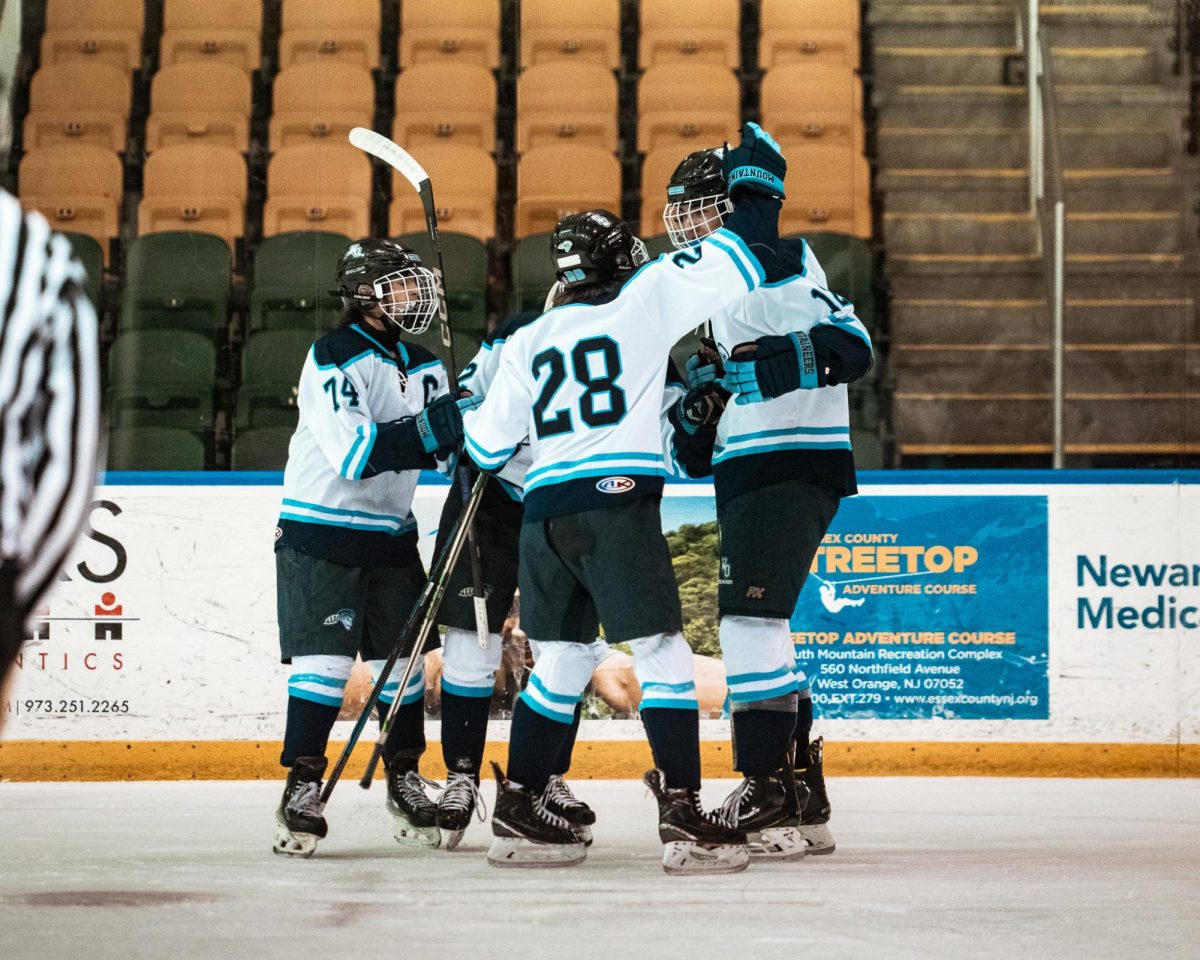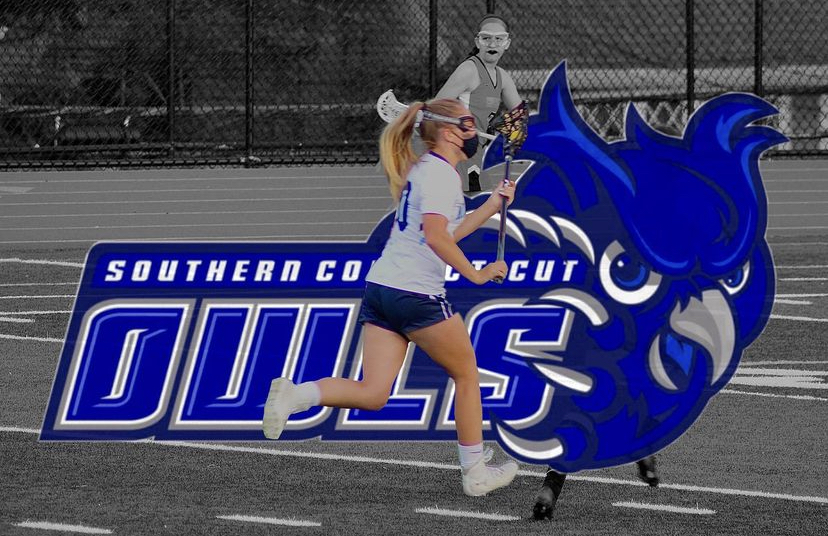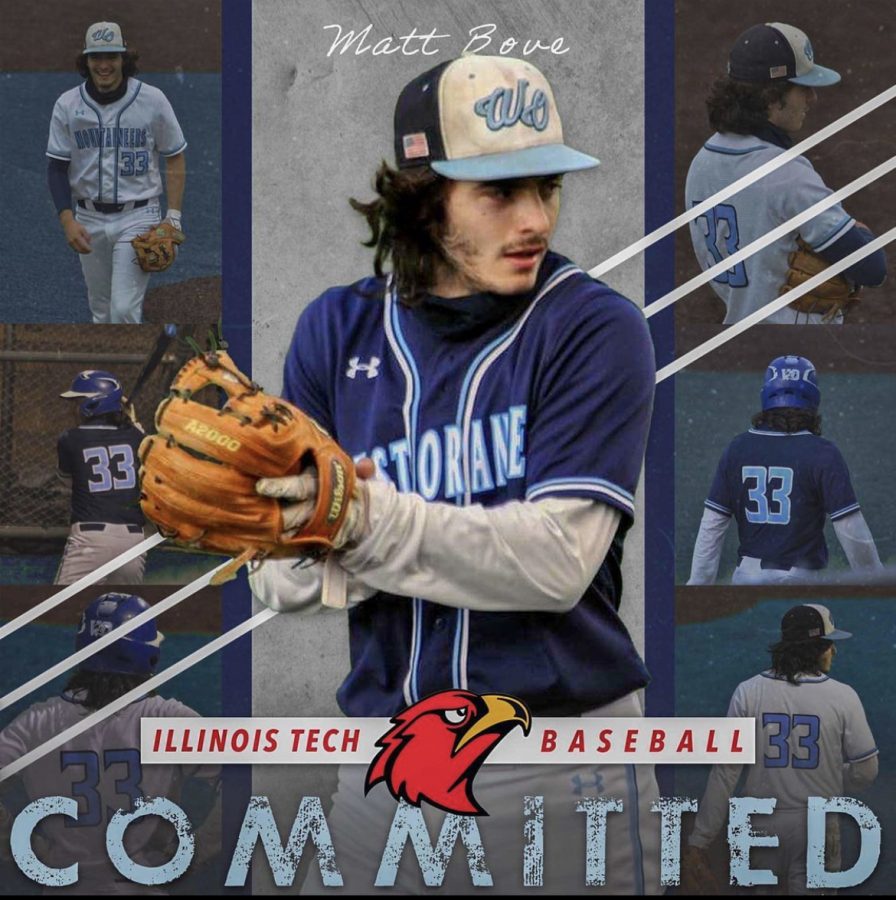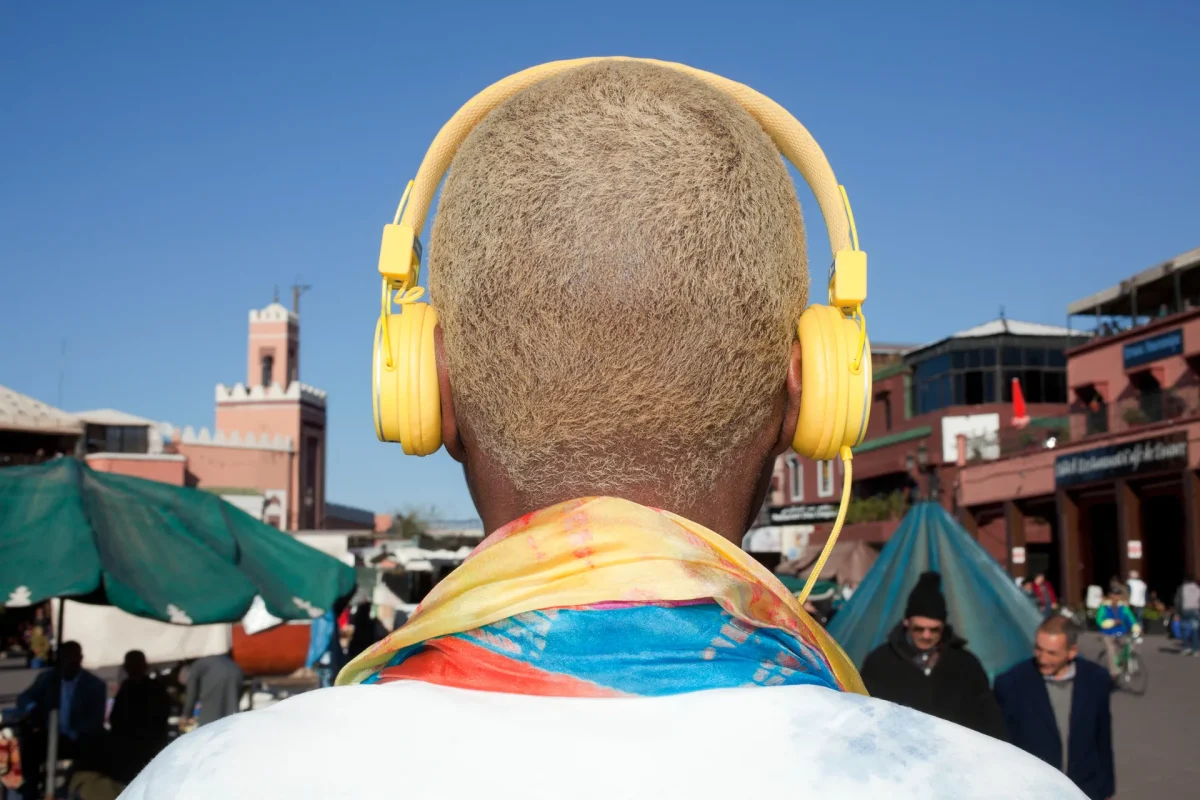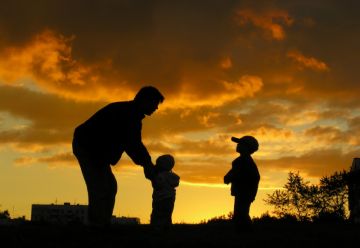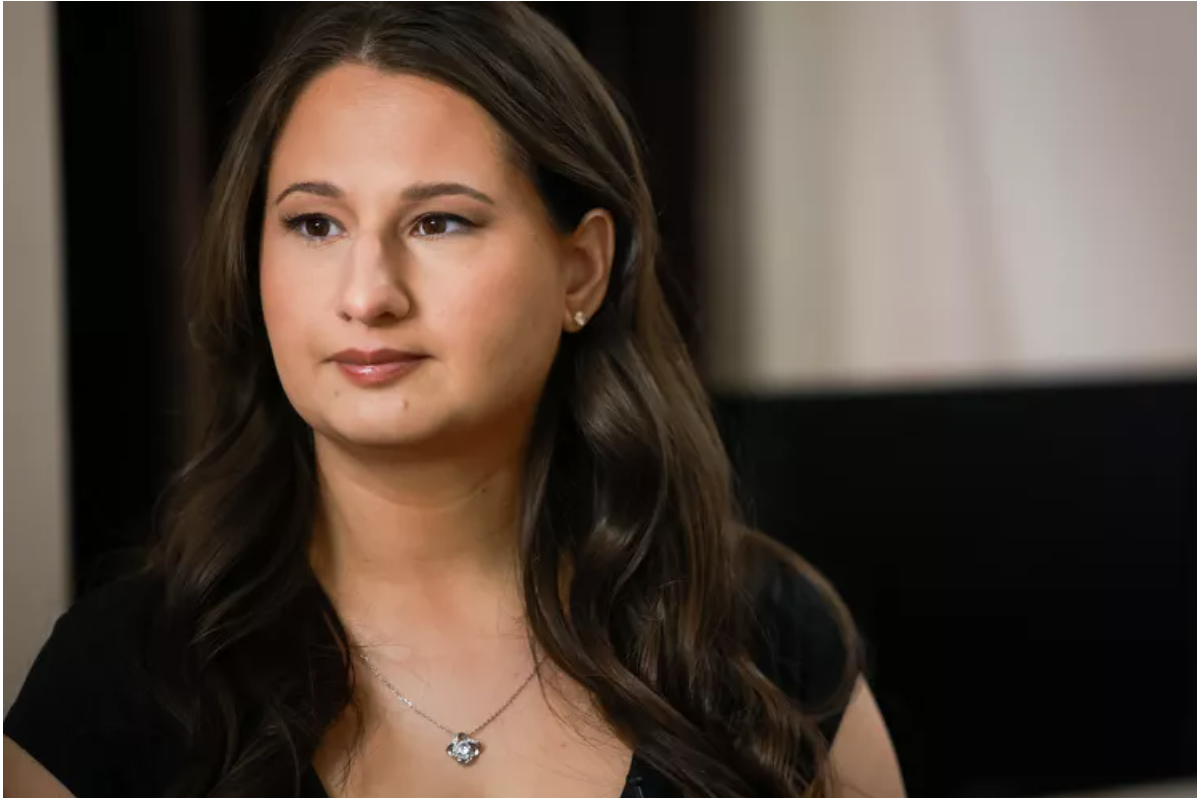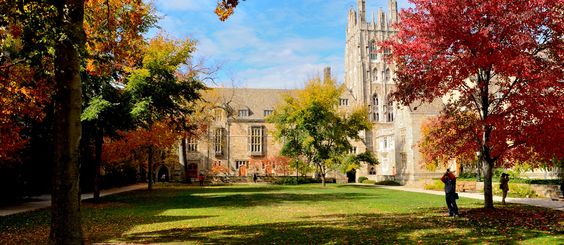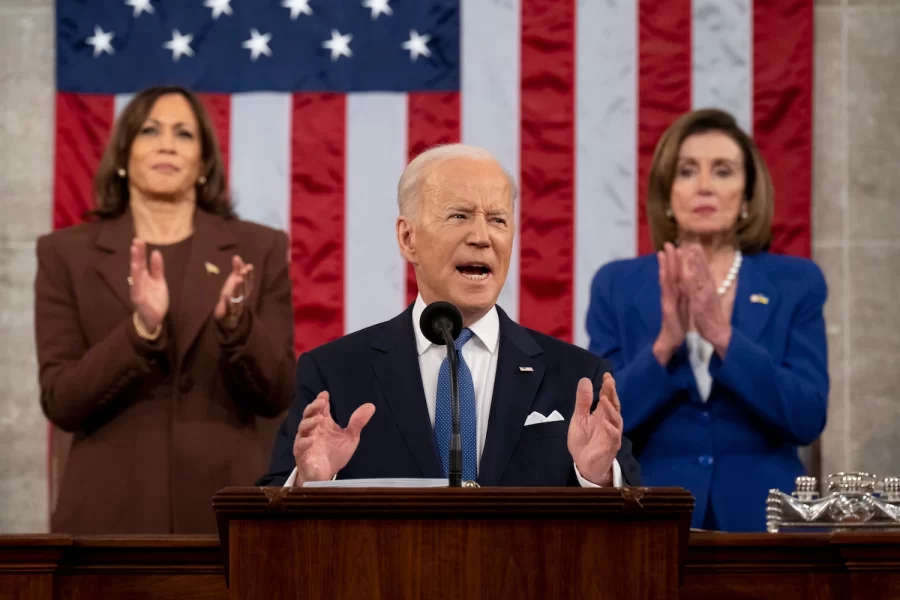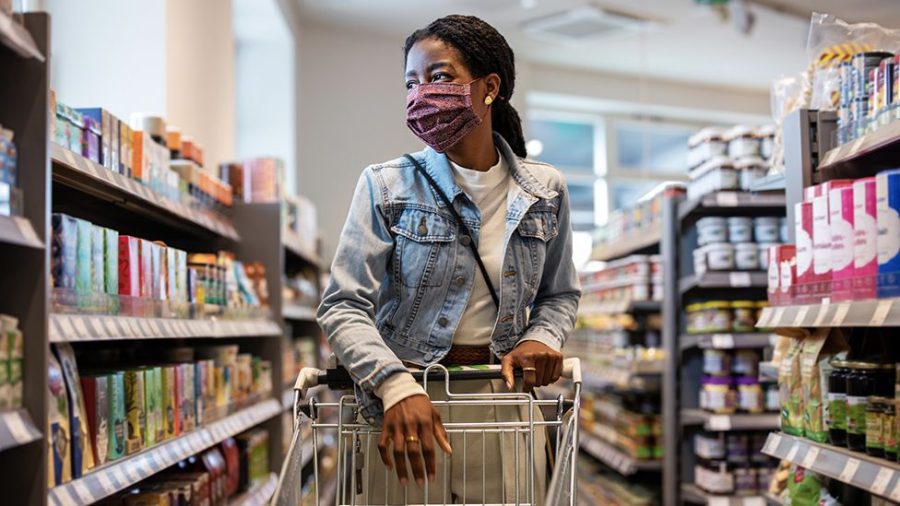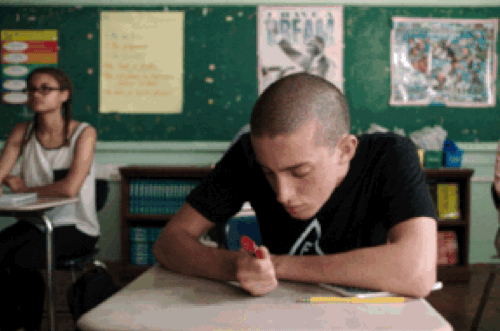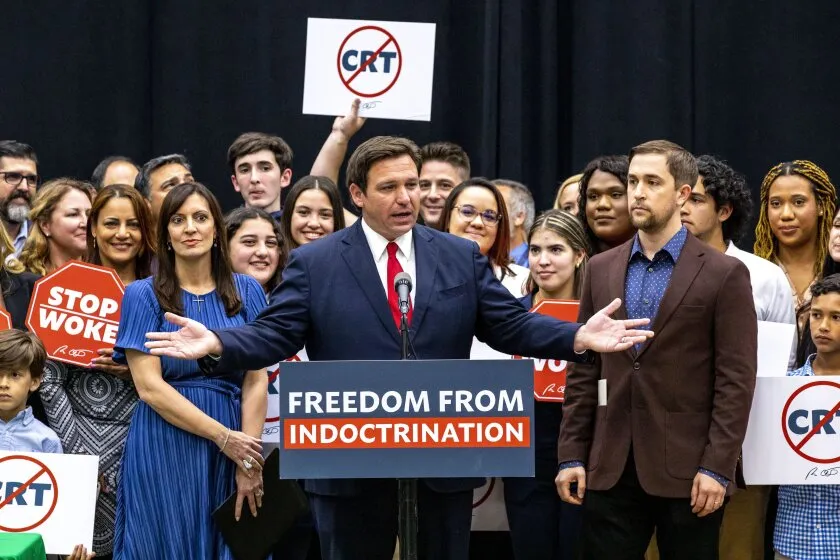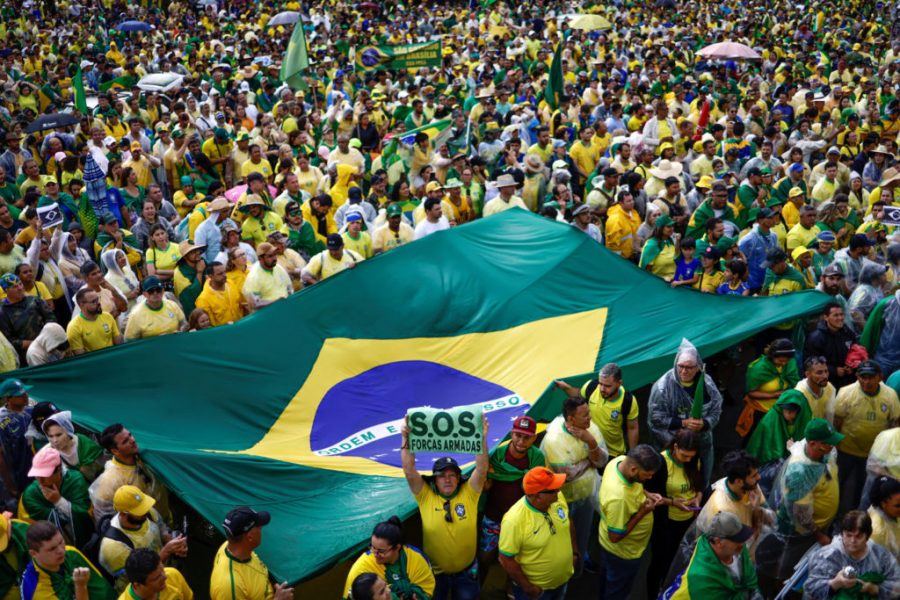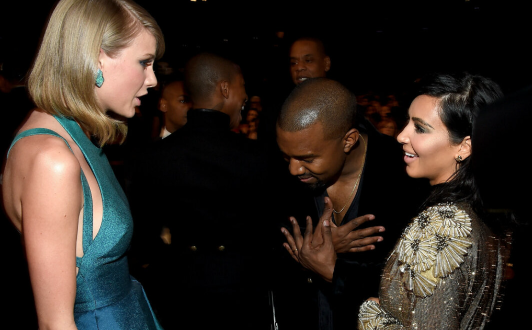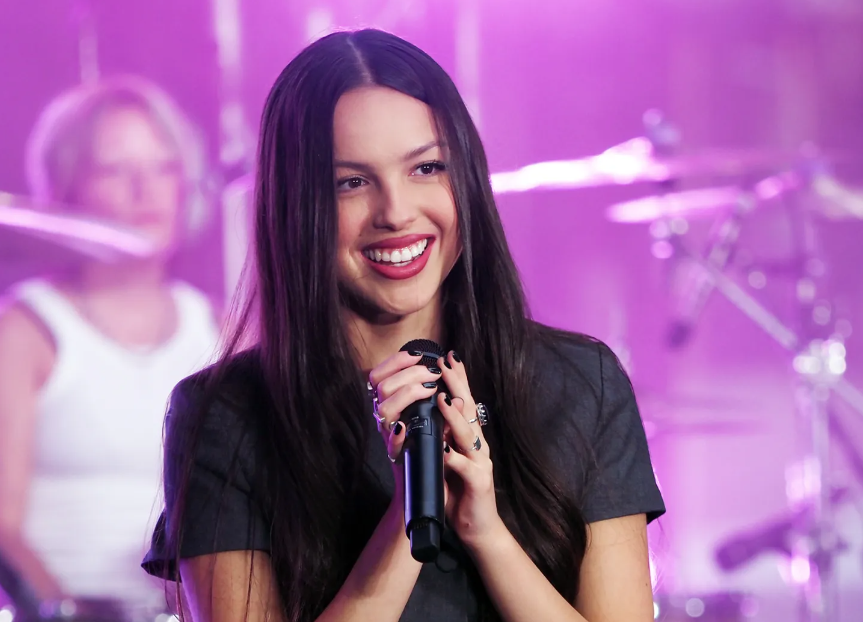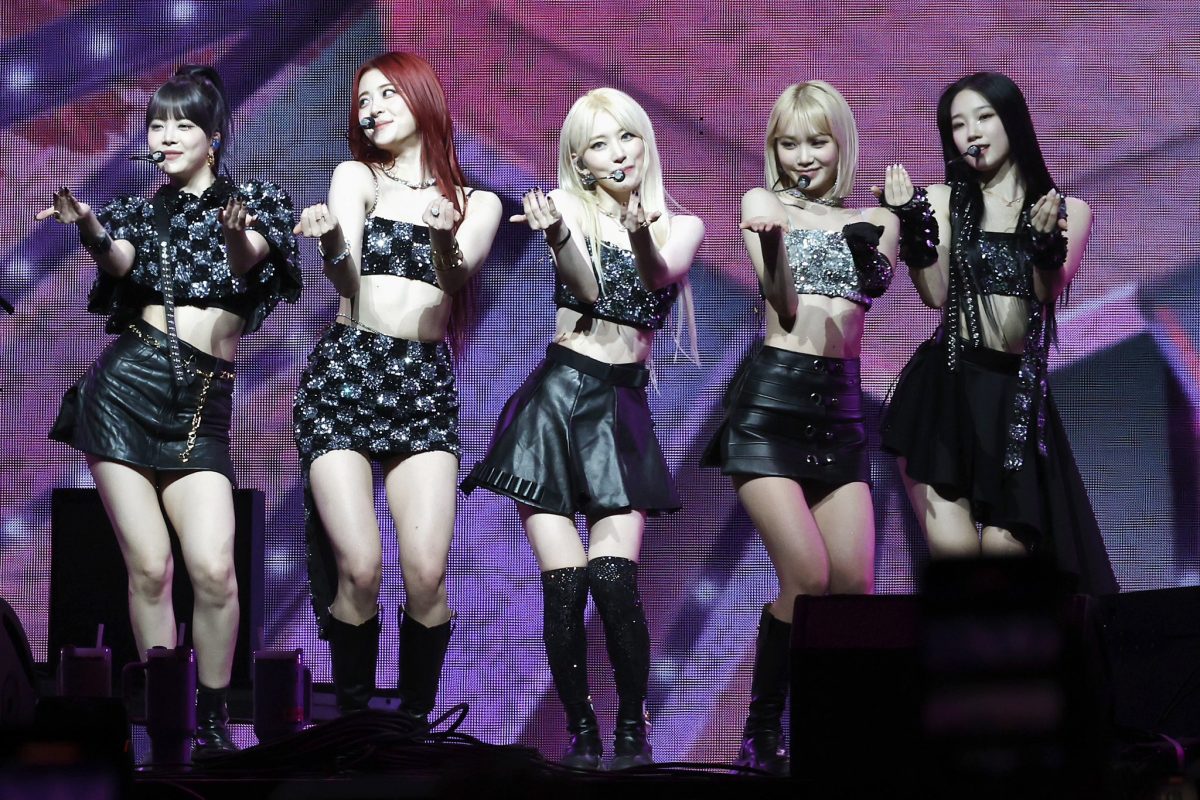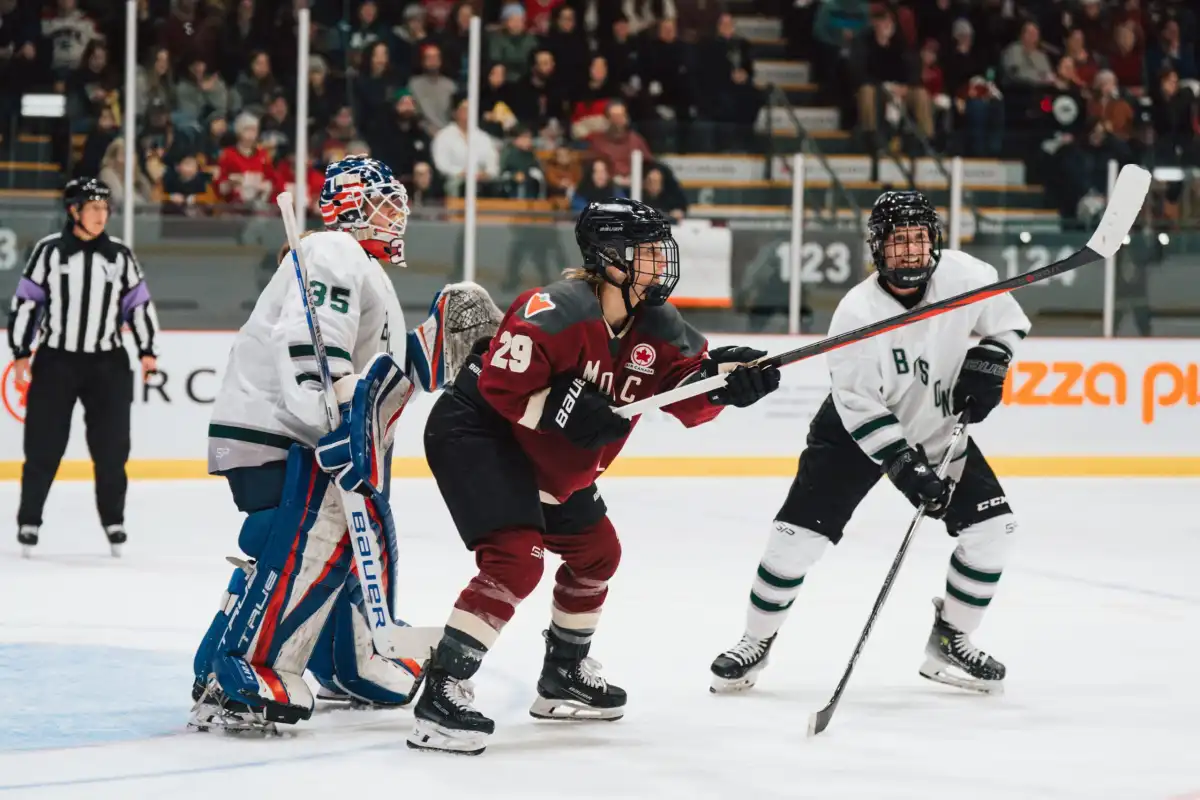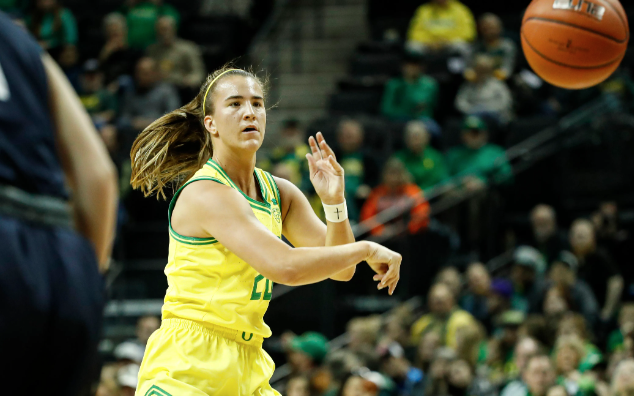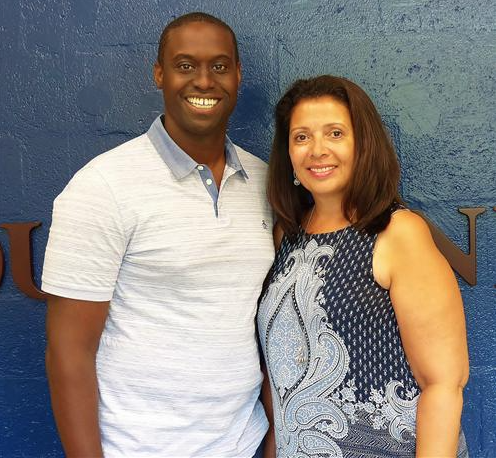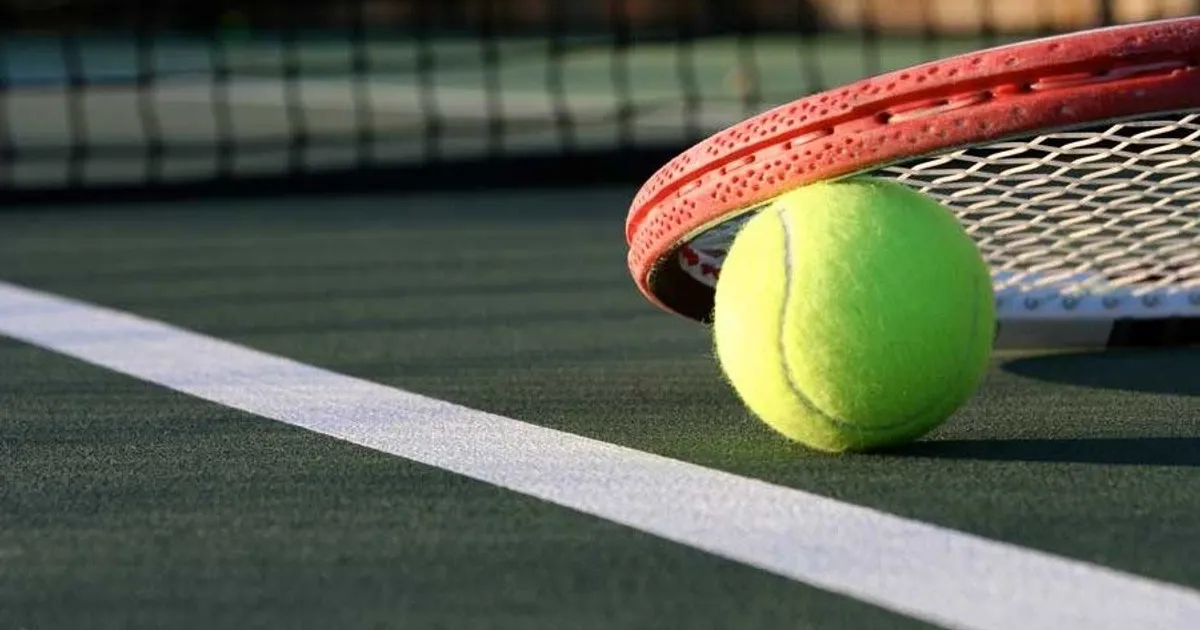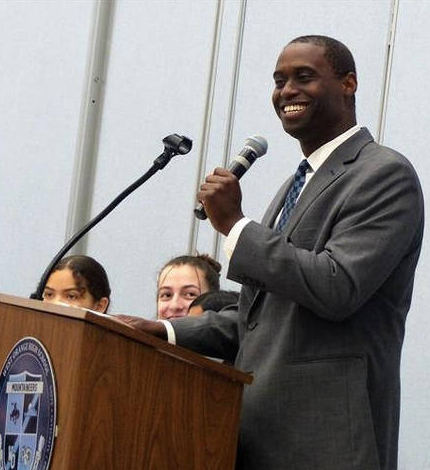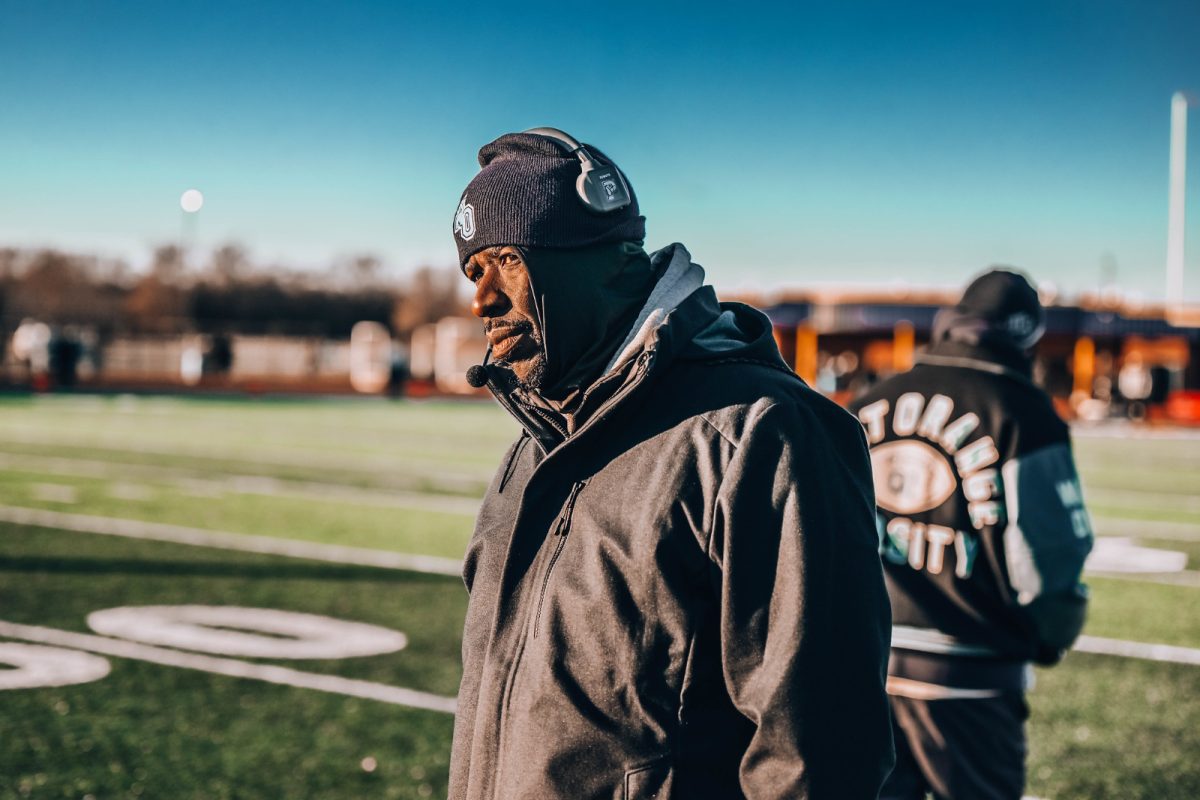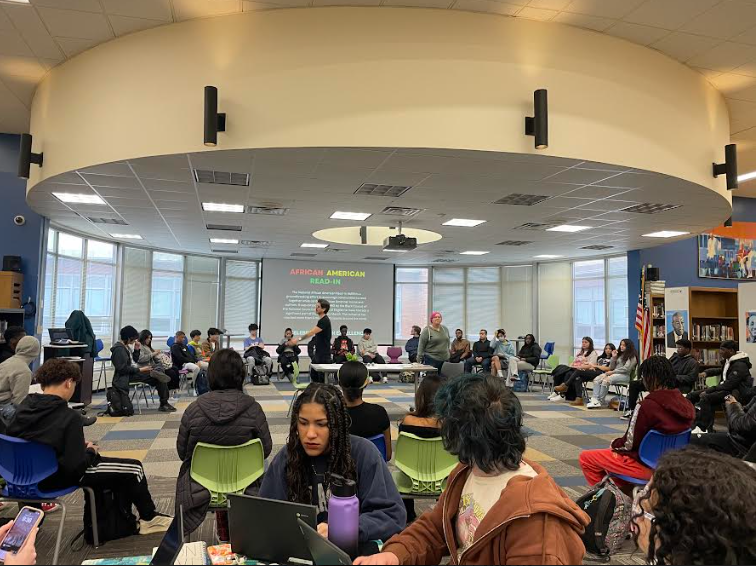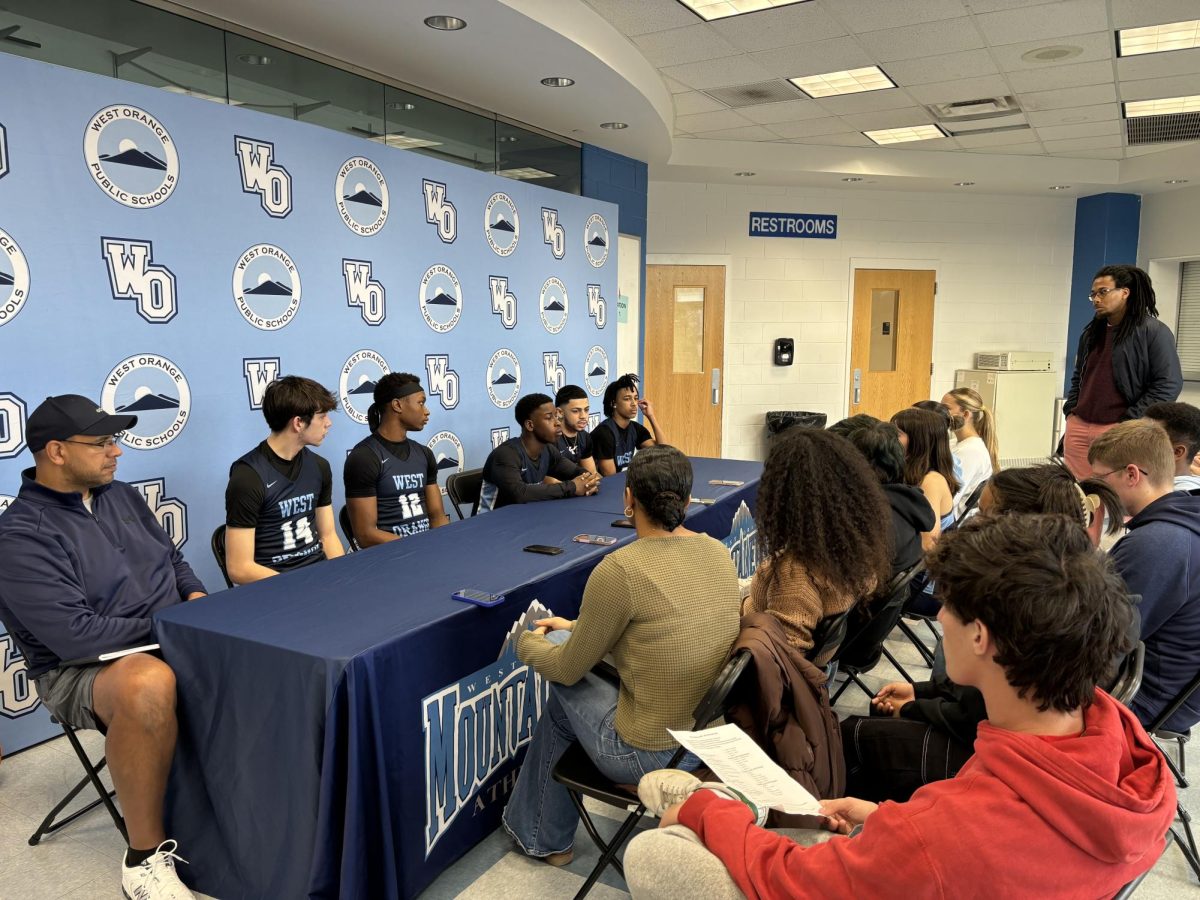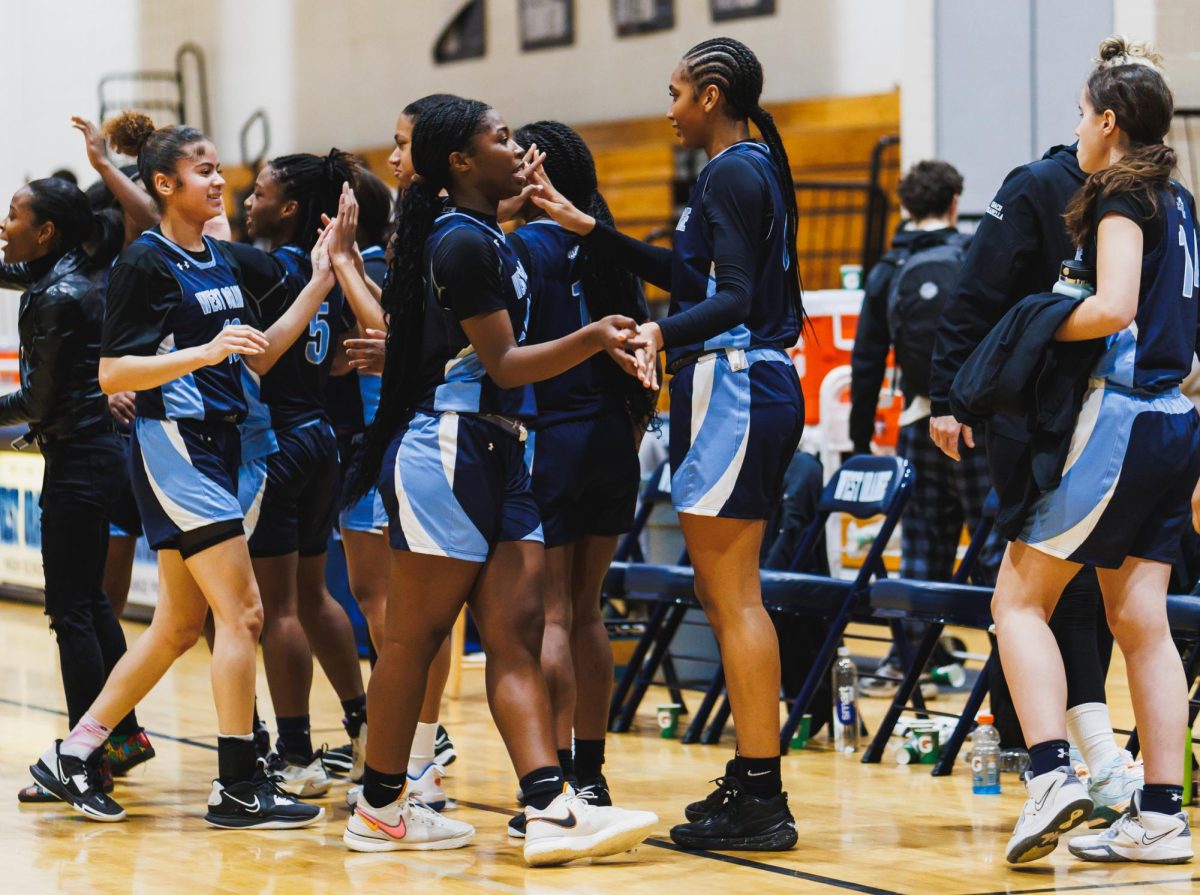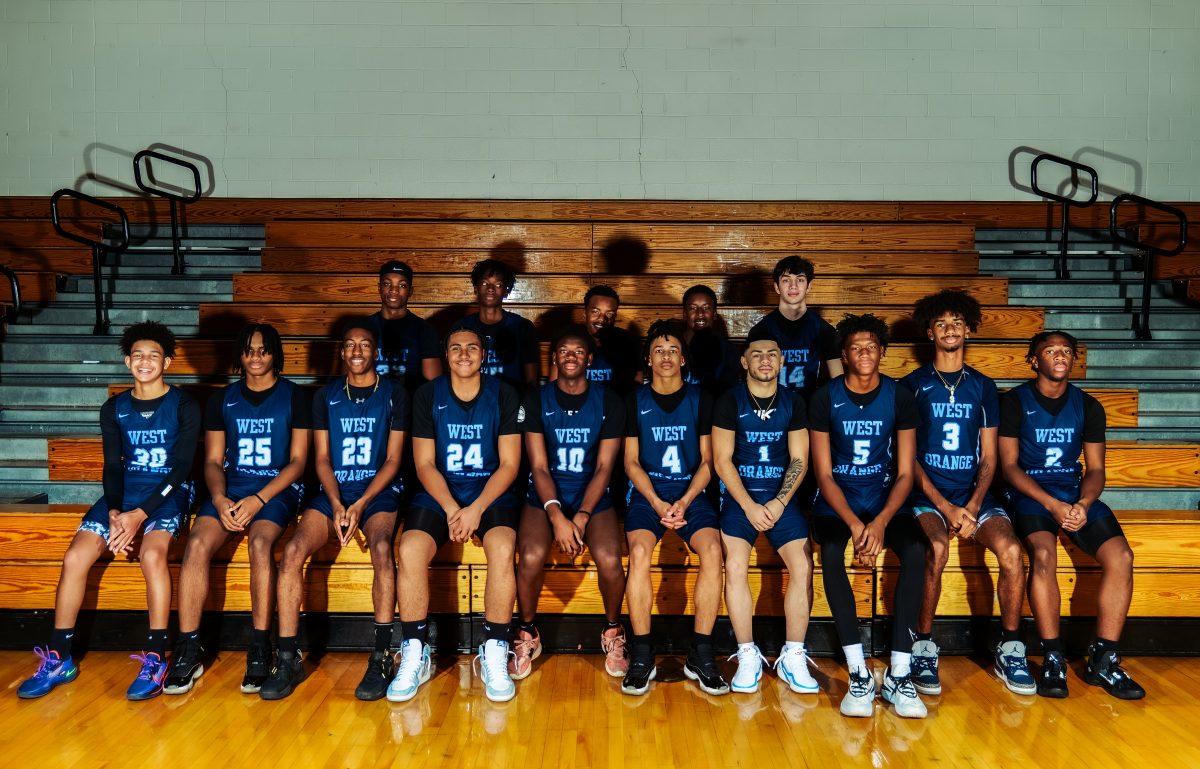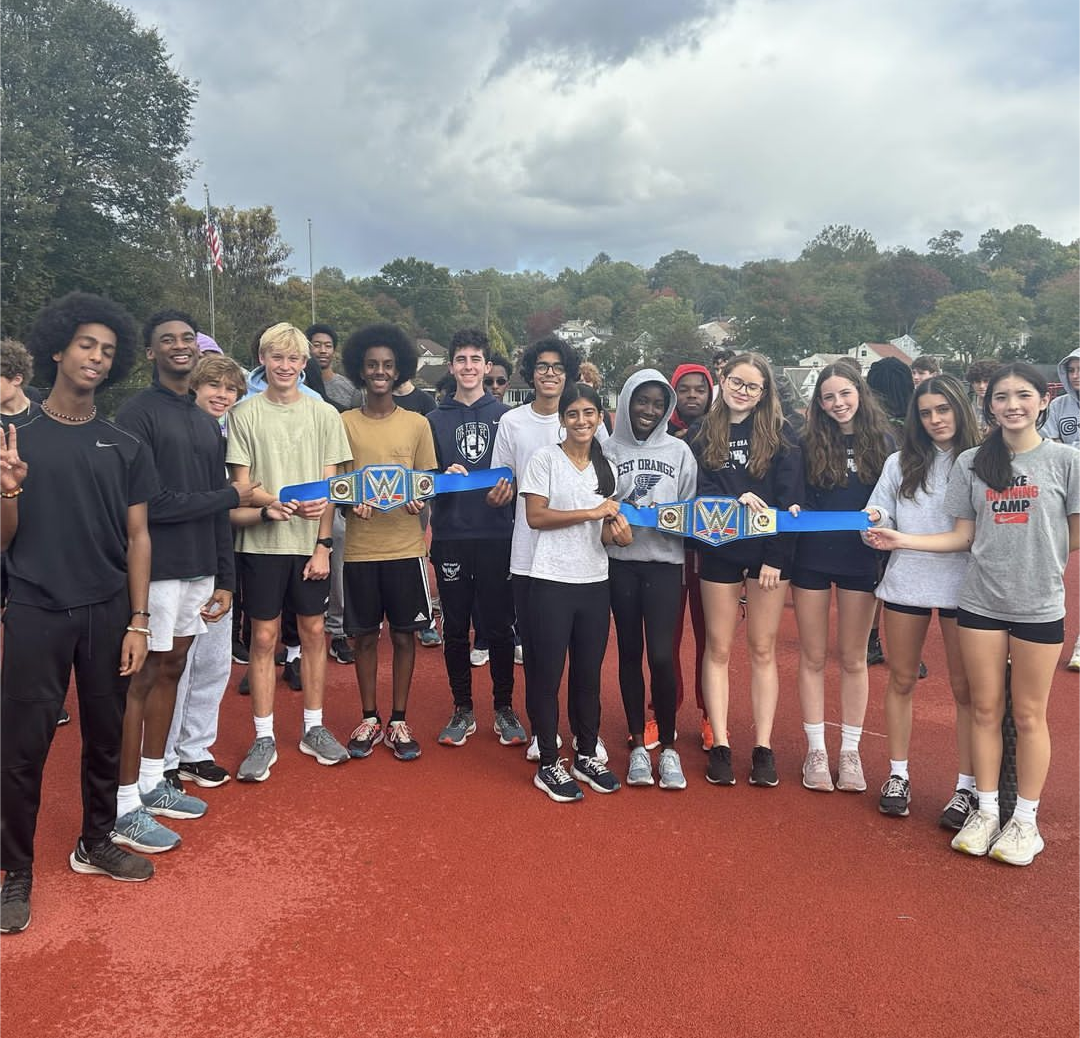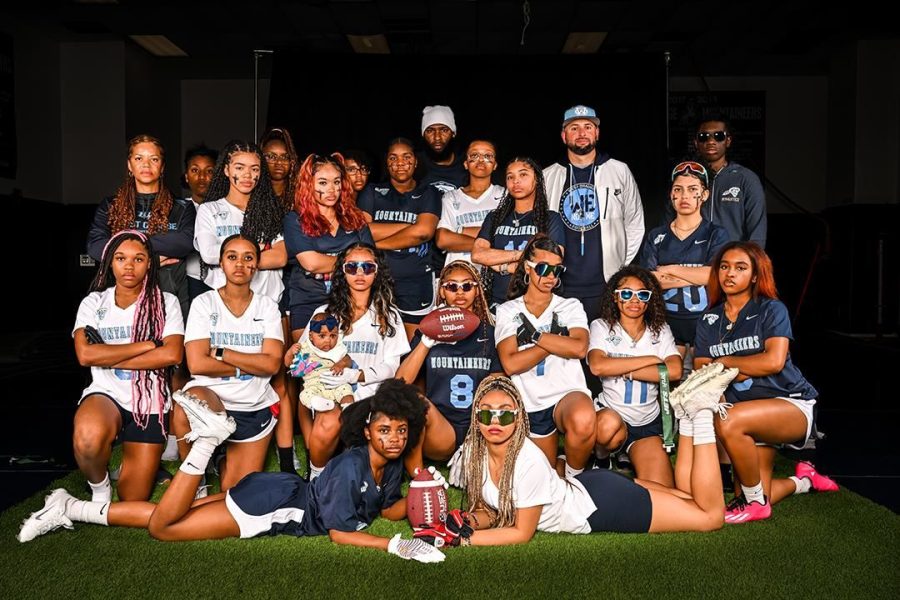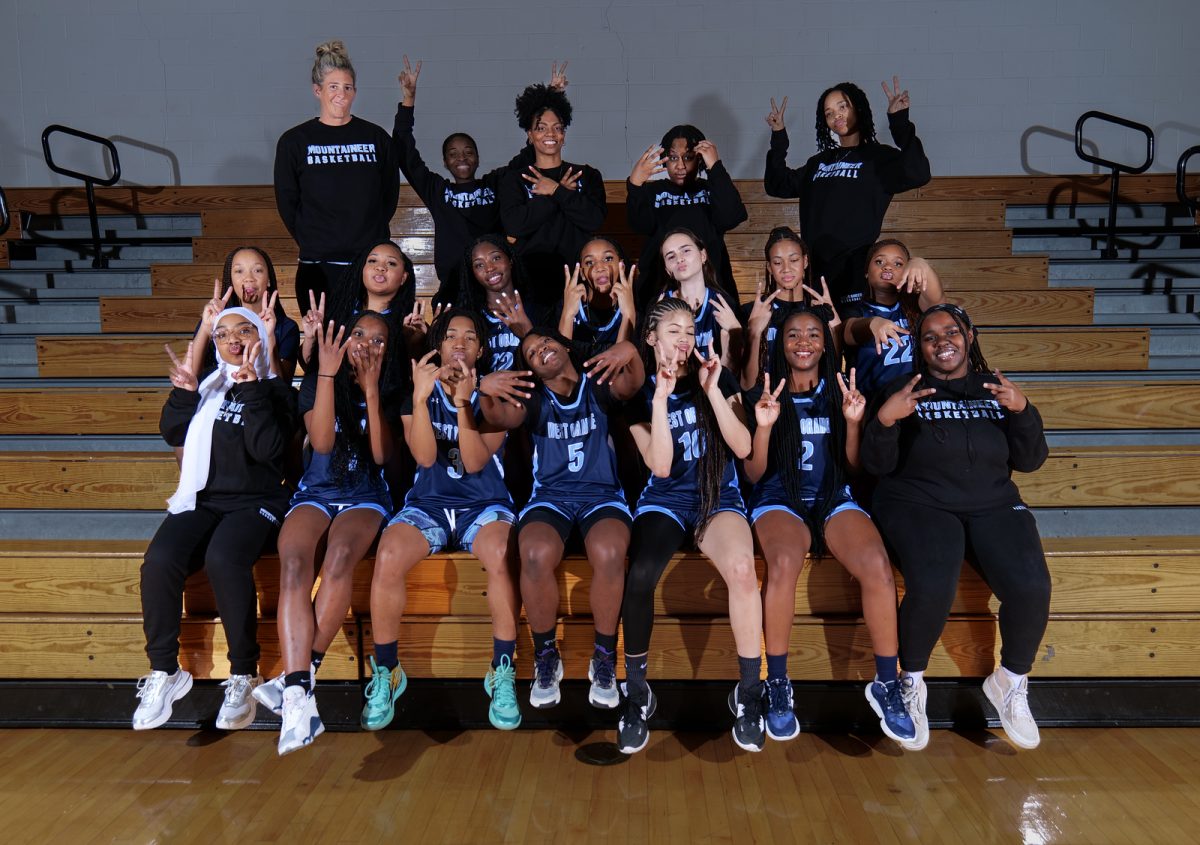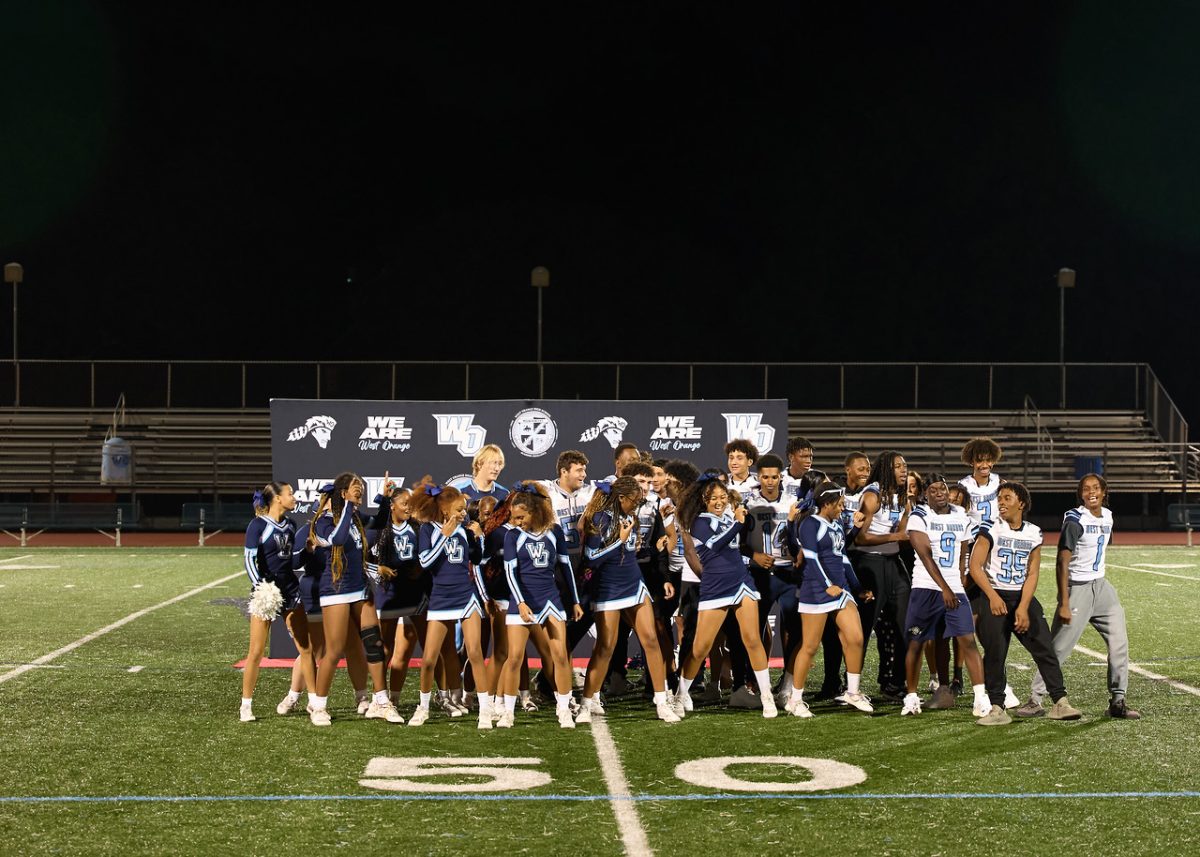“It’s the hardest thing I’ve ever done,” says Senior Varsity wrestler Sean Harrington when asked to describe his sport. “They say the loneliest place in the world is on top of the pitcher’s mound… [but] [it’s] nothing compared to being under the lights,” Harrington, who also plays baseball in the spring, shares. Yet he’s never truly alone.
For wrestlers at West Orange High School, the program isn’t just a team- it’s a family. “We get a lot of wrestlers that come in that have never wrestled before. And they kind of find a home with us,” Head Coach Jeffrey Mazurek offers, “we try to make them feel as welcome as possible and not only make them better wrestlers but prepare them for everything that comes outside of high school and athletics. I think wrestling does that. More than any other sport, [it] prepares you for adversity.”
Their ambitious season goals are a clear reflection of their ability to overcome adversity. This year, many of their team and individual goals center around the yearning to be state champions, an aspiration that has already been set in motion. Since their season began, the boys’ team has outperformed surrounding schools, bringing home gold, silver, and bronze finishes at the Dover Holiday Tournament and the Timmy Groves Team Title.
Ethan Young, senior varsity wrestler, describes his individual goal of making it to the state tournament, and star sophomore girls wrestler Jazzi Lopez also recognized that “placing at states” is a big goal for her after her debut season earned her the title of region champion.
“Each year I progress slowly, placing higher and higher,” says Senior Arthur Rosu, who also hopes to place at states this season. Coach Mazurek acknowledges his team’s ambitions but says, “Ultimately, I think our goal on a daily basis is just to improve a little bit every single day.” Halfway through the season, as of January 13th, the boy’s wrestling team has seen two wins and seven losses. Tough matches against West Essex and Livingston have set them back after their initial winning streak, but with 12 matches left, the team still has high hopes as newcomers like sophomore Daniel Akinboyewa take the mat beside returning varsity members.
At the beginning of the season, Coach Mazurek hinted at some new varsity talent, “I think we have some really exciting guys and girls that are coming up and are looking to really make an impact in our varsity lineup,” with the incoming wrestlers Mazurek also mentions an increase in weight class depth and competition for starting varsity positions. Despite the competition the sense of team support is unwavering.
“I really feel like now, especially our senior class and juniors really, like took the freshmen and sophomores under their wing…we’ve built a really good relationship with the younger guys,” Young says, mentioning how, as a kid, he looked up to the high school wrestlers as his personal idols, “we wanted to be like them.” Now, living as the “idol” he always wanted to be, he takes responsibility for himself and his team, offering teammates his perspective and experience. After wrestling together on their own after practice, Young recalls telling Lopez, “I want you to be a state champ,” a sentiment he has echoed to all of the young wrestlers on the team, from girls to guys.
“[Y]ou don’t see a lot of girls in wrestling,” says senior girls wrestler Christina Persona. “We’re at least 12 [girls] right now,” Mazurek states. A big step up from last season, where the girls’ team competed with just 5 wrestlers, a sign that not only the school’s program and reach has grown but also girls’ wrestling in general. Mazurek mentions, “Eventually they want to have a team state champion for the girls division right…This year there [the girl’s] state tournament is back in Atlantic City alongside the boys, which is another step in an up in the right direction for, you know, growing girls wrestling as well.” The boom in girls’ wrestling happened soon before the COVID-19 pandemic struck but before that, Mazurek retells of the time before a girls division even existed, “you’d only have maybe one or two girls and they were wrestling with the boys every day.”
Even though the girls’ team has grown significantly, girls’ wrestling is still on the come up and certainly lacks the depth that the boys’ roster currently has with 29 athletes; the girls represent exactly what the team is all about: slow but sure improvement and big dreams. “Everything we’ve asked the boys to do, the girls are doing the same thing, and it’s really cool to watch them…Jazzi, in particular,” who Mazurek says is always up for the challenge of being a boy’s wrestling partner at practice. “I think we get supported all. Equally, we support each other,” Lopez says when asked to describe the team dynamic, “[the] girls and guys are always there for each other.”
From fond team nicknames like “hairy bird” to cheering from the sidelines, it seems like WOHS wrestlers are all set when it comes to support, so why do star athletes still call it the “loneliest sport?” Athletes mentioned one of three things: Losing, cutting weight, and confidence.
For some, the toughest mental aspect comes from losing, “wrestling is a lonely sport. And it gets really lonely just through the stretch of the season,” says Harrington, going on to describe the feeling after a bad match where “no one wants to talk to you,” and everyone delicately avoids eye contact. Harrington and his teammates identify this as where most of the loneliness comes from. Being stuck in your head. Being an individual sport, losing a competition causes a lot of the weight to fall to one person’s shoulders. Lopez recalls the scene after she lost her first match at states, “I bawled my eyes out…I let it get to my head, and it screwed me over.”
Mazurek identified a rule the team has to help keep these feelings of guilt and frustration in check, “you have the next two matches after you compete[to] have whatever thoughts you want…But once those two matches are done, you’re back on the bench, you’re cheering the rest of the team on, and we’re on to the next event.” He preaches that it’s okay to feel your emotions, but dwelling on them “does not help you move forward at all. You cannot succeed that way.” Instead he tells his athletes to have gratitude for each new opportunity.
Of course, losing is a part of most sports, but the hard mental work comes when you take a look more closely at wrestling in particular. In wrestling, competition is separated by not only skill level but, more importantly, weight class. Wrestlers constantly have to monitor their weight to fit into their designated weight class, which requires strict discipline and dieting. “I guess it puts a lot of mental strain on you,” says Rosu, who plans to continue to wrestle at 190 pounds this season, “I weigh a lot over now,” he says and explains the work it takes to cut weight while maintaining a nutritious and healthy diet. The hardest part? You have to keep yourself accountable. Cutting weight isn’t a team sport. In the end, however, the feeling of accomplishment outweighs the challenge, “being able to get through it and then it’s like something you can never take back because you did it on your own,” Rosu comments.
For Young, the journey has been eye-opening. Last season, he wrestled at 120 pounds, but this winter, he came into the season at 115 pounds and with the decision to try to wrestle in the 106 weight class instead. The process has been gradual, with careful monitoring and hard work, and it “is [a] sacrifice,” Mazurek notes, a sacrifice Young has chosen to regard as a choice and opportunity to embrace, “I don’t think of it as a bad thing. I’m enjoying it. And also in the room I kind of feel better than ever. I don’t know if it shows, but I feel faster.” he said excitedly.
“Aside from weight, I feel like confidence is a really big thing,” says Young. He recalls his sophomore year, remembering how personal issues took a toll on his confidence and his wrestling. He was no longer enjoying his sport, until he took a step back his Junior year and decided to “have fun” and “see what happens.” He noted that his wrestling improved tremendously, winning 15 more matches than his sophomore season. “It was just a flip in my head of confidence.”
Just like personal matters can take a toll on wrestling athletes, athletes noticed how wrestling drastically changed their personal lives. “I’ve wrestled since I was young, just through everything I’ve gone through in my life, whether it was work, family stuff, school, just anything. As Ethan said, nothing’s really as hard as this. If you can get through this, the tough times I go through outside of wrestling come a little easier. I’m not gonna say they come completely easy because they don’t. But you figure out how to just get through it, and you just keep pushing through,” Rosu shares.
And in the end, the family found in the loneliest sport will always stand by your side. After all, as their motto states, “Family never graduates.”
